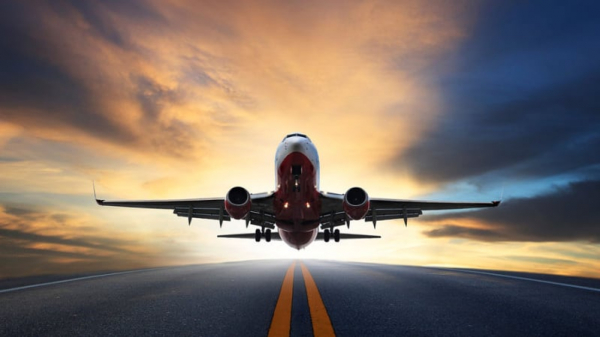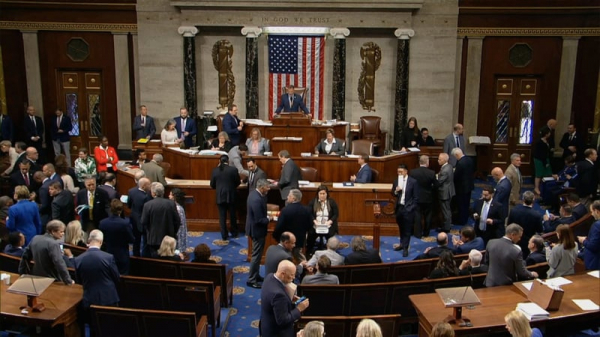The Iranian attack on Israel, which began on the night of April 14, led to the largest disruption of air traffic since the terrorist attack in the United States on September 11, 2001. This was reported to Reuters by Mark Zee, founder of the OPSGROUP project, which monitors airspace and airport operations.

►Read the Telegram channel of the Ministry of Finance: main financial news
“Since then, there has never been a situation where so many different airspaces were closed so quickly, and this creates chaos,” the expert noted. According to his forecast, it may take several more days to restore global air traffic.
What is happening
As Reuters writes, due to the attack, at least 12 airlines were forced to cancel or reschedule flights, including the Australian Qantas, German Lufthansa, American United Airlines and Indian Air India.
Carriers use Iranian airspace to fly between Europe and Asia, but will now have to fly through Turkey, Egypt and Saudi Arabia, Zee explained.
Israel closed the airspace on Saturday, April 13, but reopened it already on the next day. Jordan, Iraq and Lebanon have also resumed flights over their territories. The largest Middle Eastern airlines, including Emirates Airlines, Qatar Airways and Etihad Airways, said on April 14 that they would resume flights, writes Reuters.
Independent aviation analyst Brendan Sobey, in a conversation with the agency, noted that it is not yet clear whether the latter will affect events on passenger demand.
“If the political situation and conflicts continue to escalate, then at some point people will begin to worry about travel, but this has not happened yet,” the expert noted.
Recall
Iran attacked Israel on the night of Sunday, April 14, using more than 300 drones, cruise and ballistic missiles.







